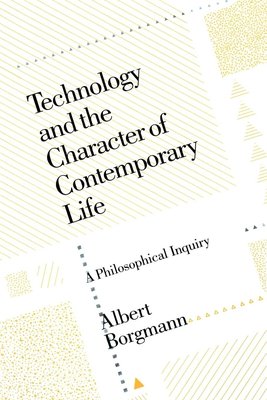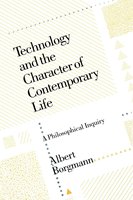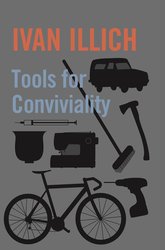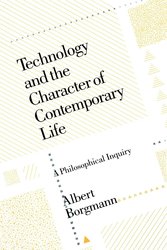41 Questions For The Technologies We Use, and That Use Us
We all know by now that Zoom causes fatigue, social media spreads misinformation and Google Maps is wiping out our sense of direction. We also know, of course, that Zoom allows us to cooperate across continents, that social media connects us to our families and Google Maps keeps us from being lost. A lot of technological criticism today is about weighing whether a technology is good or bad, or judging its various uses. But there’s an older tradition of criticism that asks a more fundamental and nuanced question: How do these technologies change the people who use them, both for good and for bad? And what do the people who use them — all of us, in other words — actually want? Do we even know?
L.M. Sacasas explores these questions in his great newsletter, “The Convivial Society.” His work is marrying the theorists of the 20th century — Hannah Arendt, C.S. Lewis, Ivan Illich, Marshall McLuhan, Neil Postman and more — to the technologies of the present day. I’ve found this merging of past thinkers and contemporary concerns revelatory in an era when we tend to take the shape of our world for granted and forget how it would look to those who stood outside it, or how it looked to those who were there at the inception of these tools and mediums.
Sacasas recently published a list of 41 questions we should ask of the technologies and tools that shape our lives. What I loved about these questions is how they invite us to think not just about technologies, but about ourselves, and how we act and what we want and what, in the end, we truly value. So I asked him on the show to talk through some of them, and to see what light they shed on the lives we live.






